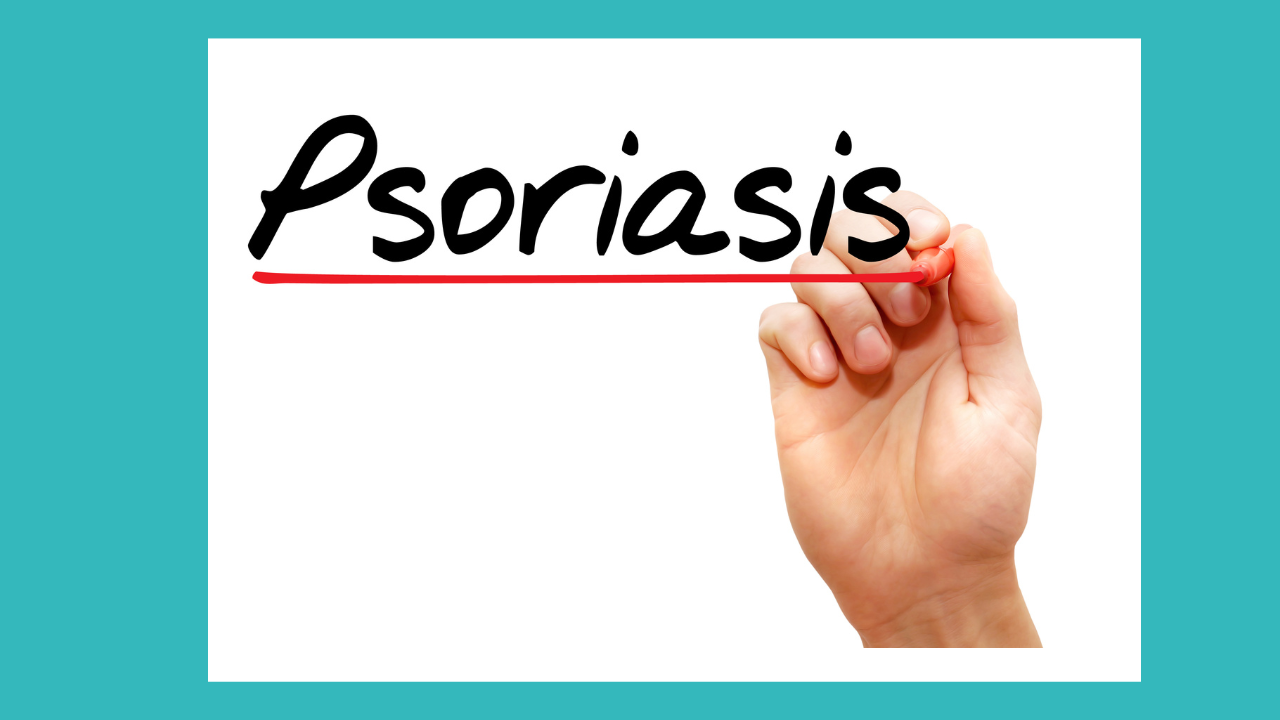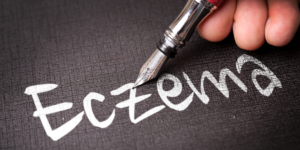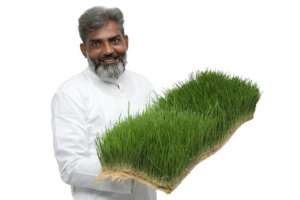Psoriasis is a chronic inflammatory condition where the body’s polluted internal environment triggers an autoimmune response causing the skin cells to proliferate totally out of control. Instead of the ideal 28 days, the skin tries to renew itself in mere 3-4 days. This creates visibly raised, red, scaly patches on the skin’s surface which at times is accompanied by uncontrollable itch. The area involved can become as much as 3mm raised above the normal skin epidermis – referred to as acanthosis.
Depending on the severity, Psoriasis can have crippling effects on the Quality of Life (QoL) of the affected individual. India reports almost 10 million cases of psoriasis per year.
Although any age can be affected, peak incidence is between the ages of 15 and 35. It is not contagious.
Psoriasis Affected Body Parts: Learn about Psoriasis on Body parts
Psoriasis can occur anywhere on the body; the commonly affected areas include:
- Lower back
- Palms & feet
- Knees & Elbows
- Scalp
- Fingernails & toenails
- Genitals
Causes of Psoriasis: Discover the Major causes of Psoriasis
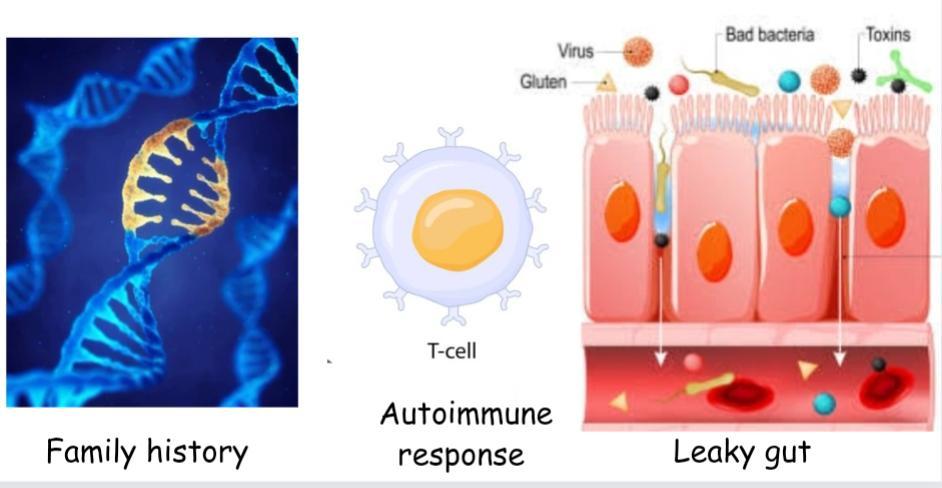
Researchers have not been able to pinpoint the exact cause for psoriasis. They have narrowed it down to the following:
- Genetic predisposition
- Overactive immune system:
T-cells are the body’s first line of defense against foreign invaders and antigens. But in psoriasis, the T-cells attack the healthy skin cells (autoimmune response) causing them to proliferate at an abnormal rate, thereby producing scales.
Another contributory factor is:
- Leaky gut syndrome:
Poor Diet and a faulty Lifestyle cause thinning of the intestinal walls & increased permeability creating a “leaky gut”.
The toxic substances (that ideally should be excreted from the body) “leak” through the compromised intestinal wall into the bloodstream, increasing its acidity level, which ideally has an alkaline pH of around 7.4.
Due to toxin accumulation, ‘toxemia’, the skin and lungs spring into action to help out the primary purification systems (liver & kidneys).
The skin attempts to remove toxins from the body using the sweat glands as exit portals. Psoriasis is an external manifestation of this attempt.
Triggers -An outbreak or flare up of Psoriasis is usually triggered by:
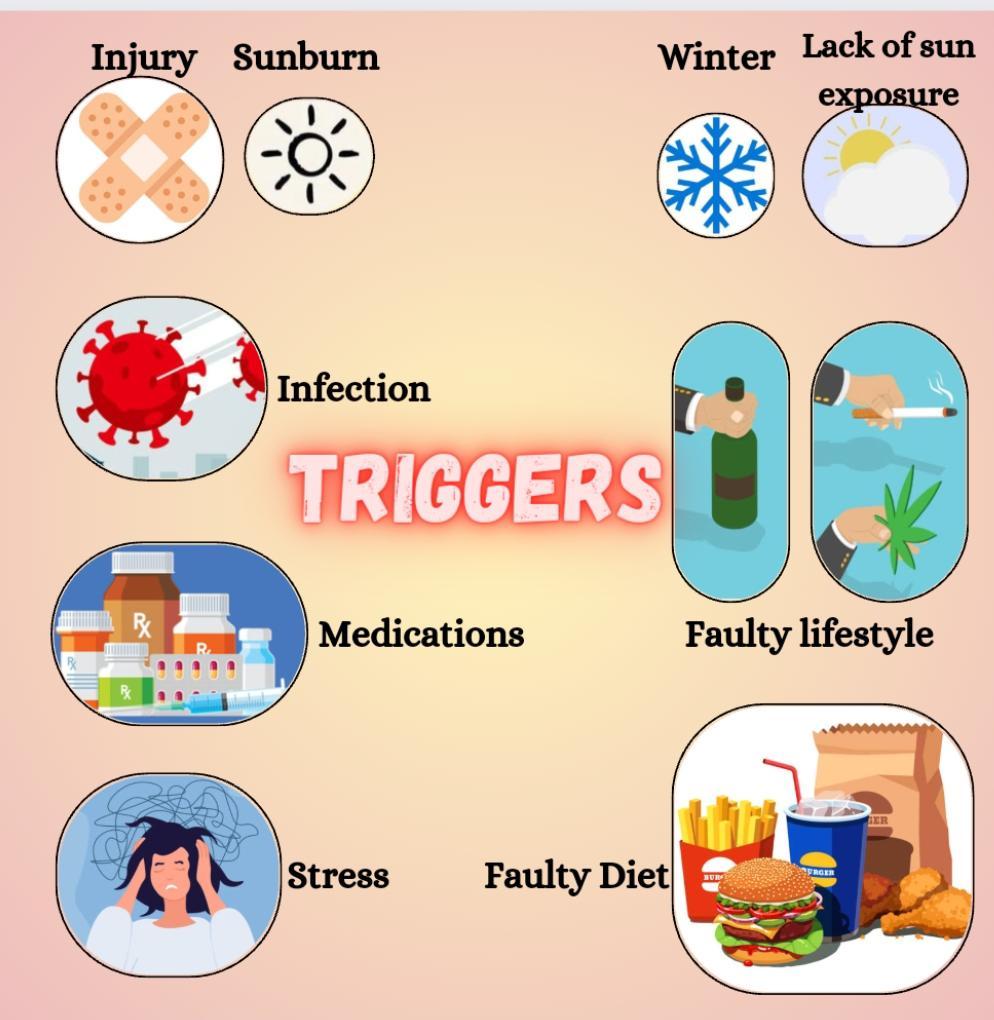
- Injury to the skin, such as a cut or scrape, a bug bite, or a severe sunburn.
- Bacterial or fungal Infections.
- Certain medications like Prescription hormones, Prescription corticosteroids Prolonged use of antibiotics.
- Weather: Psoriasis tends to worsen during winter, due to the reduced humidity.
- Stress
- Unhealthy Lifestyle Habits like Chronic constipation, Smoking, alcohol & drugs contribute to leaky gut formation.
- Unhealthy Dietary practices that contribute to leaky gut formation.
Types:
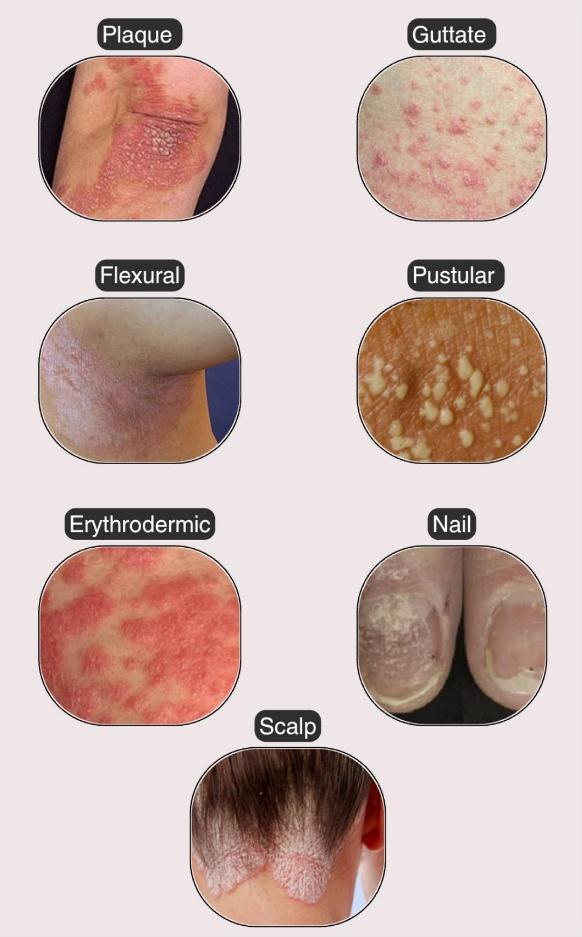
- Common vulgaris: It is the most common type, about 80-90% of the people with psoriasis have this type. The lesions look like plaques and are often quite noticeably raised. Many times, separate plaques club together, even during the healing process, and take on a generalized appearance.
- Guttate Psoriasis: The lesions look like little spots. This type often develops between the ages of 8 and 16. Bacterial infections like a strep throat frequently precedes the first signs of the disease. Sometimes it clears up by itself, or it can advance to more severe stages.
- Flexural/inverse Psoriasis: As the name suggests, smooth, red & inflamed patches develop in skin folds like underarm, breast fold and groin and buttocks area. However, due to the body’s natural lubrication, scales do not appear. This type can be triggered by fungal infections.
- Erythrodermic psoriasis: Skin becomes red like a boiled Lobster covering almost the entire body. Scaling can be extensive & itching intolerable.
- Pustular psoriasis: Palms and Soles of the feet are commonly affected by this type where pus develops on the lesions indicating an infiltration of white blood cells.
- Exfoliative psoriasis: The most dangerous type where the entire skin is involved and there is profound inflammation and scaling. It is usually fatal (within 2-3 years).
- Nail psoriasis: Fingernails and toenails are affected. It causes pitting, abnormal nail growth and discoloration. Psoriatic nails can even loosen and detach from the nail bed (onycholysis). In Severe cases, the nail might crumble.
- Scalp psoriasis: This type affects the hairline, the forehead, the back of the neck, and the skin in and around the ears. It appears powdery with a silvery sheen.
Symptoms:
The symptoms vary depending on the type of psoriasis. Also, the severity of symptoms can vary greatly from person to person and may fluctuate over time.
A Physical examination of the skin and in some cases a biopsy helps to diagnose the condition.
The common symptoms include:
- Rashes that vary in color, shades of purple with gray scale on dark skin tone and pink or red with silver scale on light skin tones
- Redness
- Dryness
- Cracked skin that may bleed
- Flakiness
- Thick scales
Apart from the physical symptoms, in some cases, individuals may experience:
- Itching
- Burning sensations
- Soreness
- Joint pain
Complications:
- Psoriatic arthritis: It is a form of psoriasis accompanied by an erosive joint disease that causes swelling, pain and stiff joints. As the disease progresses, bone demineralization can occur.
- Eye conditions, such as conjunctivitis or blepharitis.
- Hypertension
- Obesity
- Type II diabetes
- Cardiovascular diseases
- Other autoimmune diseases like Crohn’s disease, celiac disease, or sclerosis.
- Mental health issues like low self esteem and depression.
Diet:
Psoriasis is not burnt or rubbed off; it is flushed out! Diet is not only important for healing psoriasis but also in preventing its recurrence.
The aim of your diet must be to maintain blood’s Alkaline pH. This is achieved by adopting the 80:20 diet where alkaline forming foods constitute 80% (permitted fresh fruits, vegetables and their juices), while acid forming foods constitute 20% (protein packed foods like meat and grains). Since dairy is considered neutral, it is permitted in limited quantities (non-fat or low-fat).
Hence, one must be mindful when selecting foods and their corresponding proportions.
Incorporating blood purifiers or detoxifiers in the diet aids in the internal cleansing process.
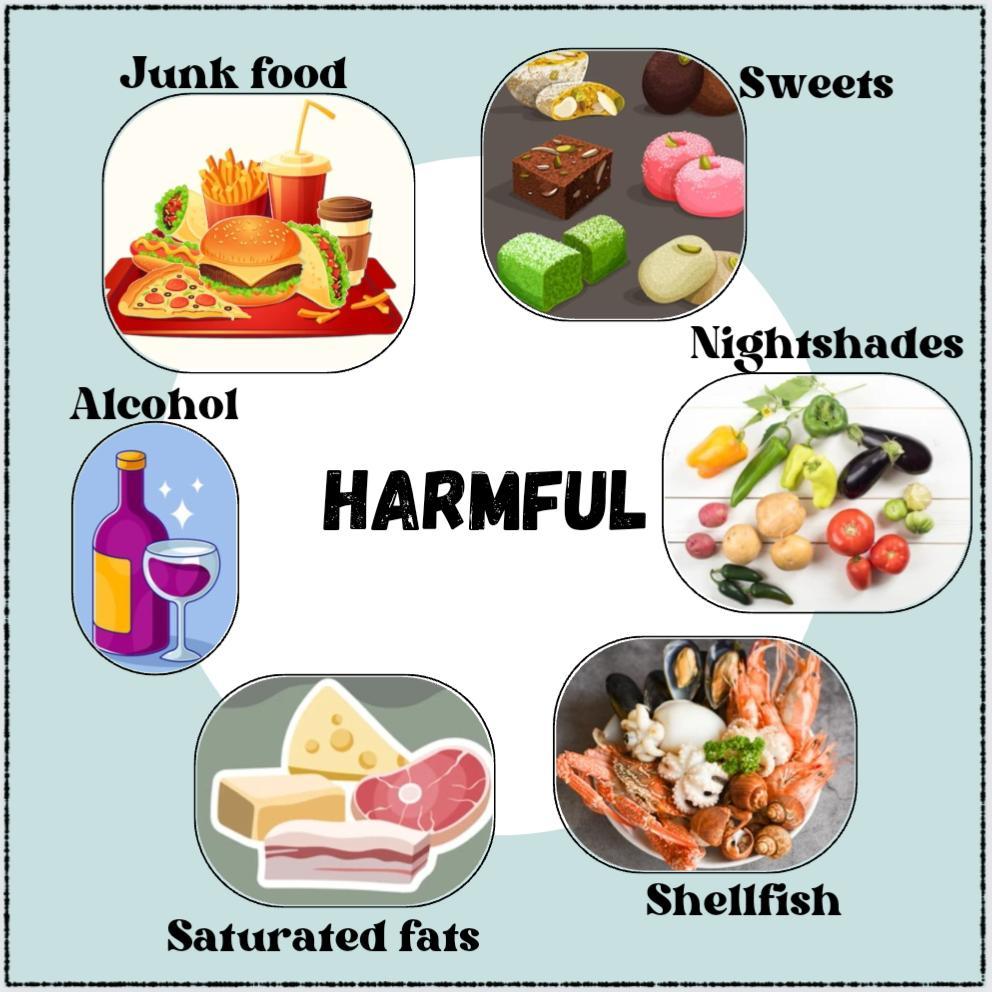
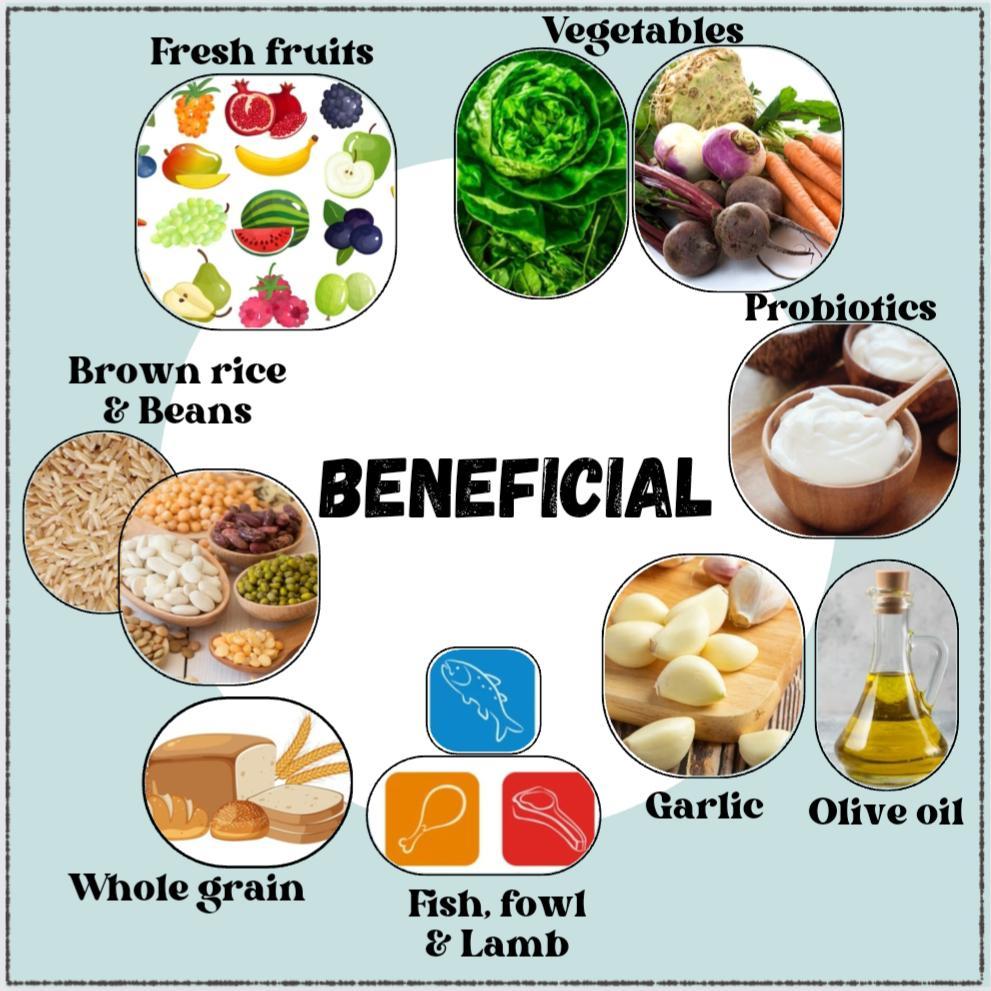
- Nightshades include — Tobacco, tomatoes, White potatoes, Eggplant, hot spices and Peppers (except black pepper), Paprika.
The high incidence of psoriasis in India can be attributed to our hot, spicy dishes.
- Vegetables are body builders.
- Fresh fruits are body cleansers.
- Fish (the darker & oilier, higher the anti-inflammatory omega 3 fatty acid content), fowl, and lamb, as animal protein should constitute 20% of the daily diet.
Vegetarians should combine brown rice and beans to make a complete protein.
- Almonds are alkaline, eat them raw (2-4 each day for 3 days a week at least).
Treatment:
Patience and Persistence is the key to defeat Psoriasis.
Psoriasis treatment helps in better management of symptoms which helps improve Quality of Life. It requires a holistic approach, i.e., from inside & outside.
The conventional method for management involves combining one or more of the following methods:
- Topically through medicated creams or ointments, usually Vitamin A or Vitamin D based.
- Through systemic medications or biological agents administered orally or via injection. These drugs are immunosuppressants.
- Through phototherapy using UVA & UVB.
The holistic approach comprises of:
- Proper bowel movement; 1-3 times a day is considered normal elimination. Hydro therapies like High colonic irrigation or home Enemas can assist in effective bowel cleansing.
- A cleansing and nutritious Diet (80:20), include Herbal teas.
- External applications employing oils, moisturizers, salt baths, baking soda baths, steam, etc.
- Working towards building a positive/constructive mindset.
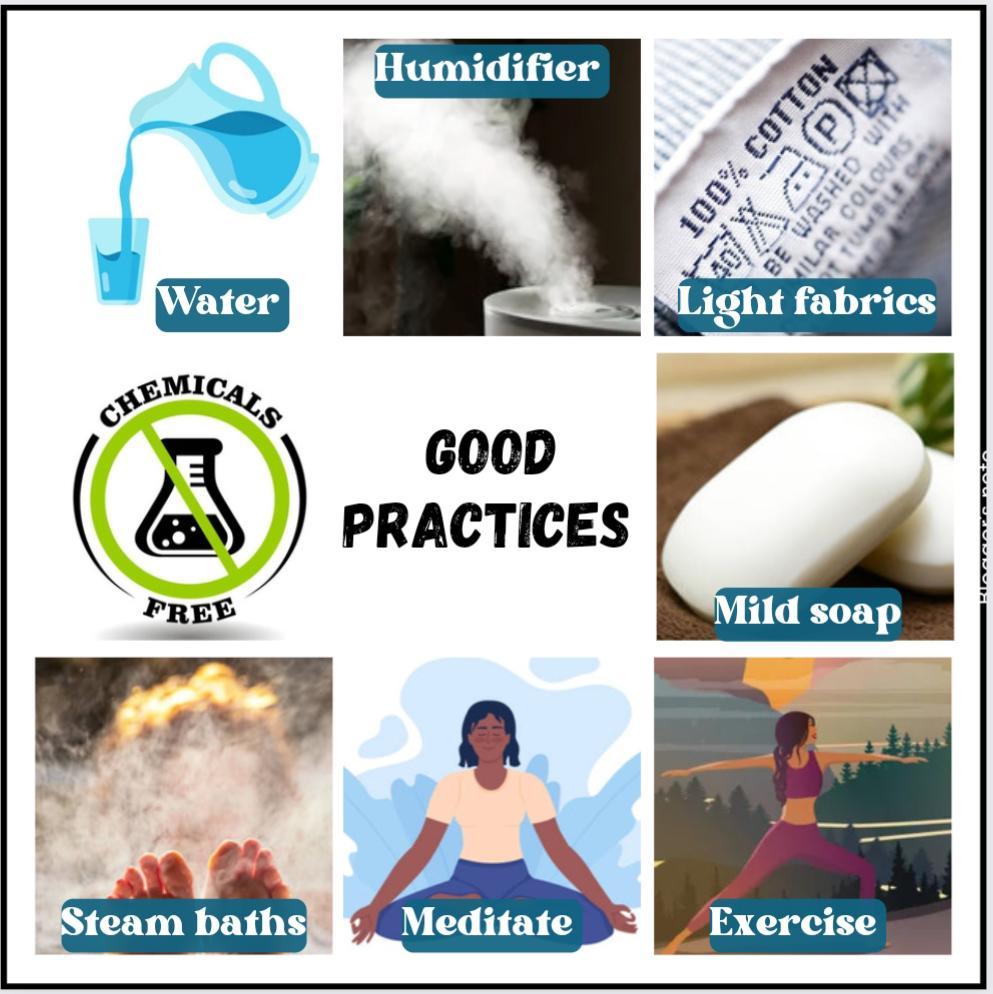
Natural remedies: Best and Top Most Remedies for Psoriasis Treatment

In the 21st century, one can find a cure for various diseases in Mother nature. One must only have the skill and will to discover.
- Wheatgrass: It is a potent Detoxifier. It improves metabolism, facilitates proper digestion thus improves bowel movement. It has Antibacterial, anti inflammatory, antioxidant and alkalizing properties. Since it has a cool essence, it is effective against itching, redness and burning sensations.
Neutralise Naturals has wheatgrass-based products that have been proven to be beneficial for psoriasis. These include Creams, shampoos, soaps and powder.
Tip: Add Neutralise Naturals’ Wheatgrass powder to warm water with honey or lemon and consume it in the morning as your detox tea.
Mix it with water/rose water and apply directly on the lesions or you can freeze the mix in ice cube trays to give yourself an at home cryotherapy.
- Aloe Vera: It cleans out the digestive system, it is rich in Antioxidants, vitamins and minerals and is anti-inflammatory.
Tip: You can consume Aloe Vera juice or gently massage the fresh gel (can be refrigerated) directly onto the lesions.
- Turmeric: Turmeric and Anti inflammation seem like synonyms. There’s a reason why that “golden milk nuska” is passed down generations.
- Colloidal oatmeal: It is unmatched when it comes to soothing, nourishing and restoring skin’s moisture barrier. It also has antifungal properties. Look for moisturizers with this ingredient. Taking a colloidal oatmeal bath helps relieve itching and calms the skin down.
- Green tea: It is a potent antioxidant and has anti-inflammatory properties. It can reduce redness. Either you can consume it or apply it as a cold compress. Many topical products containing green tea Extract are available.
References:
- Healing psoriasis – John O. A. Pagano
- https://www.psoriasis.org/about-psoriasis/
